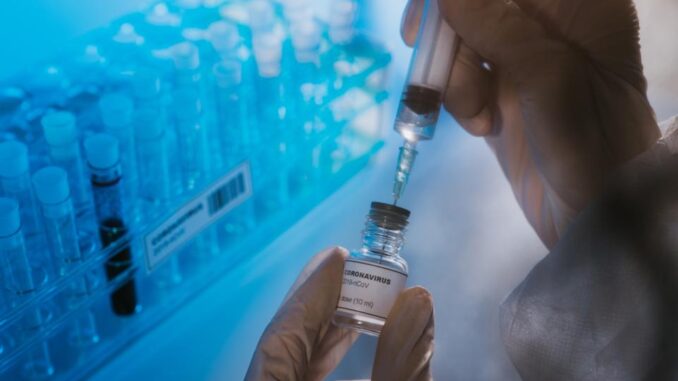
In News
The Centre for Cellular and Molecular Biology (CCMB) is working on developing a vaccine to the COVID-19 disease using an inactivated virus.
In-Detail
- Vaccination is the only possible solution to end the spread of the Coronavirus which is wreaking havoc in many nations.
- Across the world, many organisations are working towards developing a vaccine to kill the virus.
- The World Health Organisation (WHO) has already listed 42 possible vaccine candidates that are being developed by various organisations.
- In this endeavor, the CCMB is developing an inactivated virus vaccine.
- Inactivated vaccines are considered safe and are easy to produce.
- To produce an inactivated vaccine to COVID-19, the virus will be killed either by a chemical or heat.
- But, the key components of the virus such as the receptor, with which the virus enters a human cell and the antigen of the virus, which the human immune system recognises, are kept intact.
- When the inactivated virus is introduced into the body, the immune system is tricked to produce antibodies against the virus antigens until they last in the body.
- Inactivated vaccines of polio and the rabies are made this way.
- As the virus is inactivated, it cannot cause even a mild disease and is safe to be administered in people with low immunity such as the elderly and people with co-morbidity.
- Currently, the CCMB is in the process of growing a large number of viruses in the lab and inactivate them.
- As per CCMB, once the cell-culture-based production of the virus is in place, an industry partner will be roped in to produce the vaccine.
The Challenges
- The main challenge in creating an inactivated virus is in the production of virus in large number outside the human body.
- The novel coronavirus, which has evolved to live in a human cell, that too a cell with ACE2 receptors, identifying the right line of cells to culture the virus outside the human body is the key technological challenge for scientists.
- For developing the vaccine, CCMB is using epithelial cell lines from African Green monkeys.
- Scientists are growing the cells in a petri dish to artificially culture and grow the virus.
- The culture will be successful if the cells die-off and release the cells.
- The virus thus released will in collected, inactivated and will be developed into a vaccine.
- The cell culture will also benefit the scientists to develop drugs for the coronavirus.
- Once the cells are infected, a potential drug candidate can be tested.

Leave a Reply
You must be logged in to post a comment.